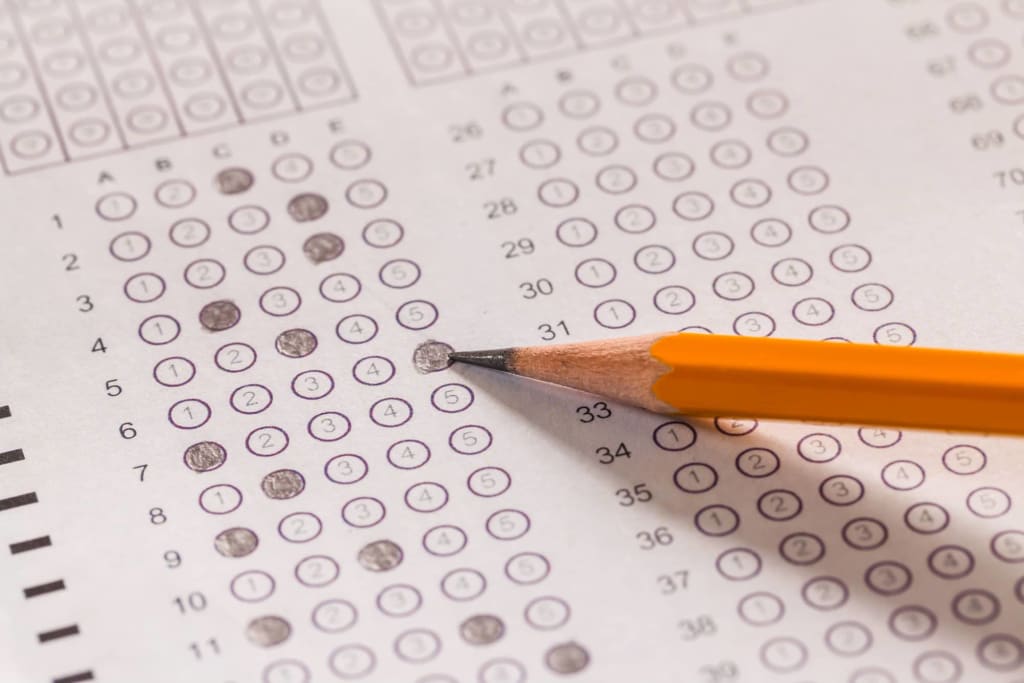Standardized testing has long been a contentious issue in the world of education, and it is no different when it comes to college admissions. While some see standardized testing as a necessary and fair way to evaluate students’ academic abilities, others argue that it is an unfair and limited measure of intelligence and potential. In this article, we will explore the pros and cons of college standardized testing to help you make an informed decision about its role in your educational journey.
Pros of College Standardized Testing:
1. Equal opportunity: Standardized tests offer a level playing field for all students, regardless of their background or socioeconomic status. By using a standardized measure, colleges can evaluate students based on their academic abilities rather than other factors like personal connections or financial resources.
2. Predictive validity: Standardized tests have been shown to predict academic success in college, providing admissions officers with valuable information about a student’s potential to thrive in a rigorous academic environment. Many colleges use standardized test scores as one of several factors in their admissions decision-making process.
3. Benchmarking: Standardized tests provide a benchmark for comparison between students from different schools and regions. This can help colleges evaluate students in the context of their peers and make more informed decisions about admissions and financial aid.
Cons of College Standardized Testing:
1. Bias: Standardized tests have been criticized for their bias against certain groups of students, including low-income students, students of color, and students with disabilities. Research has shown that standardized tests may not accurately measure a student’s true abilities and potential, leading to inequities in college admissions.
2. Stress and anxiety: The pressure to perform well on standardized tests can be overwhelming for many students, leading to increased stress and anxiety levels. This can have negative effects on a student’s mental health and well-being, impacting their overall academic performance and prospects for college admission.
3. Limited scope: Standardized tests only measure a student’s performance on a narrow set of skills and topics, such as math and reading comprehension. Critics argue that this limited scope does not provide a comprehensive picture of a student’s abilities, interests, and potential for success in college.
In conclusion, college standardized testing is a complex issue with both pros and cons. While standardized tests can offer a fair and predictive measure of academic abilities, they may also perpetuate bias and inequities in the college admissions process. Ultimately, it is important for students to consider both sides of the debate and weigh the potential benefits and drawbacks of standardized testing in their college application process. By staying informed and seeking advice from teachers, counselors, and admissions officers, students can make the best decision for their individual circumstances and goals.
